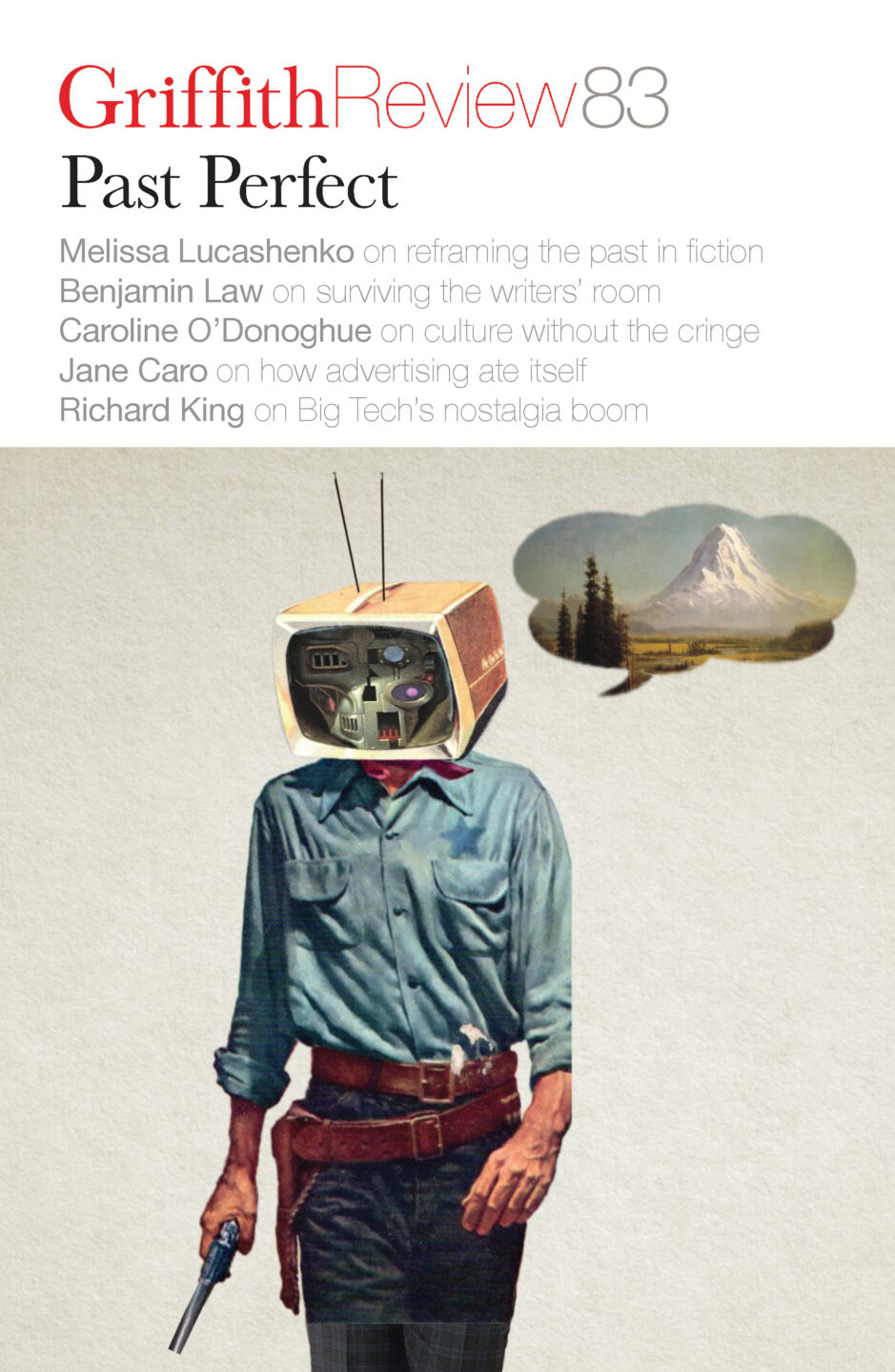Featured in

- Published 20240206
- ISBN: 978-1-922212-92-4
- Extent: 204pp
- Paperback, ePub, PDF, Kindle compatible


Already a subscriber? Sign in here
If you are an educator or student wishing to access content for study purposes please contact us at griffithreview@griffith.edu.au
Share article
About the author

Caroline O’Donoghue
Caroline O’Donoghue is a New York Times bestselling author and the host of the award-winning podcast Sentimental Garbage. She has written three novels for...
More from this edition

Threshold
PoetryWhat is the voice of one who has died if no one listened to what remained unspoken? It no longer matters.

The ship, the students, the chief and the children
Non-fictionThe power of the fossil-fuel order depends on foreclosing any kind of political and institutional decisions that would see societies break free from the malignant clamp of coal, oil and gas corporations. This power also depends on eliding alternative ways of seeing. In one sense, the whole of the political struggle against climate change can be understood as an effort to make corporate and political decision-makers see, such that they are required to act.

Nostalgia on demand
Non-fictionHow then do we approach a circumstance in which it is possible to consciously curate those memories and sense impressions, such that they become mere features of our ‘profile’? Or one where third parties, having gleaned enough data to know us better than we know ourselves, can supply those memories and impressions for us?